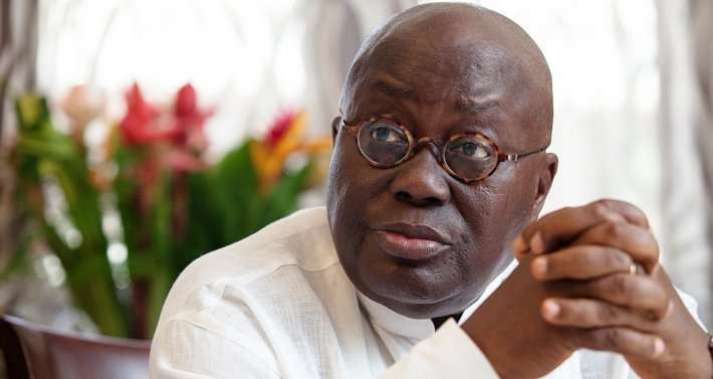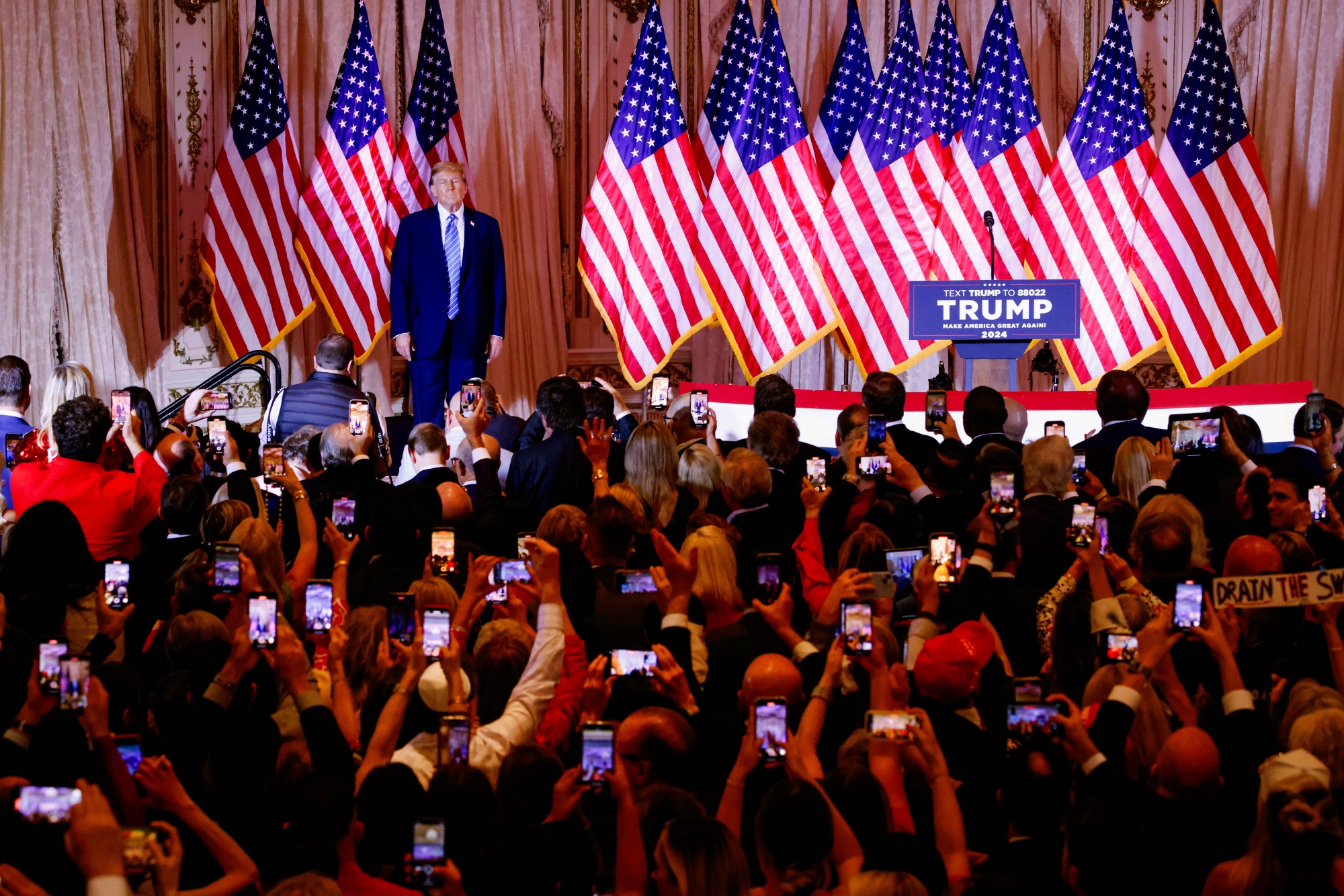Negotiators from the European Union (EU) parliament and council have agreed on new rules that ban products made with forced labour from the EU market.
A statement issued by the EU said the deal was reached on Tuesday.
In the agreement, the EU commission will investigate the suspected use of forced labour in companies’ supply chains if third countries are involved.
The agreement stipulates that authorities can demand that relevant goods be withdrawn from the EU market and online marketplaces, and confiscated at the borders.
Advertisement
The statement said such goods would be donated, recycled or destroyed while those of strategic or critical importance for the EU may be withheld until the company eliminates forced labour from its supply chains.
“Firms that do not comply can be fined. However, if they eliminate forced labour from their supply chains, banned products can be allowed back on the market,” the statement reads.
The statement said the commission will draw up a list of specific economic sectors in specific geographical areas where state-imposed forced labour exists.
Advertisement
“This will then become a criterion to assess the need to open an investigation,” the statement added.
“This law is groundbreaking in the field of human rights. It will prevent forced labour products from entering our market. And it has several references to remediation,” Samira Rafaela, EU co-rapporteur, said.
“It is a step forward in achieving fair trade and cleaning up supply chains, while prioritising human rights. To combat forced and state-imposed labour, we must work with like-minded partners and become a strong ally in the global fight against forced labour.”
The European parliament and council are expected to give their final green light to the provisional agreement, after which the regulation will then be published in the official journal and enter into force.
Advertisement
EU countries will after that have three years to start applying the new rules.
The development comes a few weeks after the EU said it had commenced an investigation into TikTok, the social network app, over suspected breaches of rules on child protection and advertising transparency.
Advertisement






